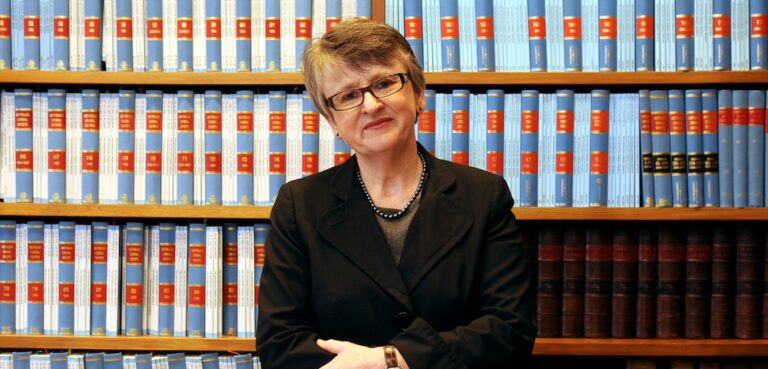
“Shocking Tale Of Neglect” For Queer Elders In Aged Care
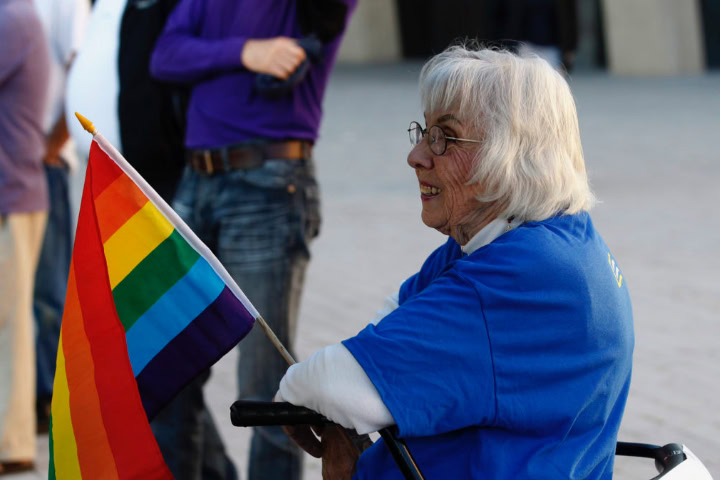
Even before COVID-19 hit, the failings of Australia’s aged care system had already been laid bare when the Royal Commission into Aged Care Quality And Safety’s Interim Report was released last year.
Commissioners Richard Tracey AM, RFD, QC and Lynelle Briggs’ AO investigation into Australia’s aged care system led them to describe the aged care system as “a shocking tale of neglect.”
“The neglect that we have found in this Royal Commission, to date, is far from the best that can be done. Rather, it is a sad and shocking system that diminishes Australia as a nation.”
Entitled Neglect, the Interim Report of the Royal Commission into Aged Care Quality and Safety, which was tabled in the Australian Parliament on October 31, 2019 found that a fundamental overhaul of the design, objectives, regulation and funding of aged care in Australia was urgently required.
Fast forward 10 months and COVID-19 has continued to rip through the age care sector like a wrecking ball, having knocked down those walls to reveal the shocking realities faced by our elders.
In Victoria, in the last eight weeks alone, 580 people have so far died of the virus in aged care facilities and by the time of publication, this number will have only grown.
And what of the welfare and mental health of older LGBTQI Victorians living in residential aged care? COVID-19 isolation is especially an issue for LGBTQI people living with dementia, those unable to use phone or email, people who speak a language other than English and unable to access LGBTQI community and culturally safe supports.
These are just some, among many, concerns that have been raised by Victorian organisation Switchboard, as CEO Joe Ball explains.
“We are really concerned about the conditions that people are experiencing. We are concerned about the rights of people and of our elders.
“The stories we are hearing from them. People are being locked in their bedrooms for days and sometimes weeks. We want their health to be put forward and we understand the need for quarantine when there has been an outbreak at a facility, but we also think there must be another way because what that does to people’s mental health or wellbeing is just not acceptable.
“One of the biggest issues that comes to mind is that people who don’t have people, those who are already isolated and don’t have a biological family connection they are having no contact with anyone at this time.
“In our community, and particularly with the people we visit, at different times we have advocated for non-biological family to visit, even when the restrictions eased in June.
“We have had a lot of resistance to that and aged care facilities not understanding the needs of our community and the role that chosen family plays.”
It’s a valid point, and one which legally may in fact breach the Aged Care Charter of Rights and the Industry Code for Visiting Residential Aged Care Homes during COVID-19. Both of which uphold a person’s rights to have their preferences, values, diversity and culture recognised and upheld.
Although the current State of Emergency in Victoria would likely override this charter of rights the individual’s needs should not be overlooked. Particularly when those individuals, like many within the LGBTQI community, have already faced a lifetime of isolation and discrimination.
“For them to be locked down for days on end, with limited communication as to why they have been locked down and what is happening, it is deeply concerning,” Ball adds.
Part of the work Switchboard undertakes in the community is through the Out & About program which since 2016 has facilitated friendships between LGBTQI seniors and peer volunteer visitors. In the wake of the COVID-19 pandemic, several Out & About participants have reported experiencing arbitrary lockdown with minimal communication.
One service user in his 70s living in Melbourne reported being treated like ‘prisoners’ who are ‘punished for an unknown time for seeing their health provider.’
“We know a lot of the work that we do gives us an eyes on look at aged care and allows us an opportunity to advocate for the needs a of people who are living there. So not being allowed those visits, or that same level of connection is a concern.
“The people we support in our service are an incredible bunch of people. We have older trans women who are transition in aged care, and all power to them. We have older gay men who are aging with HIV and we have people who have been active members of the community, as well as those who have only just come out.”
After the World Health Organisation declared COVID-19 a global pandemic, the Royal Commission into Aged Care on March 20, 2020 took the step of suspending all hearings and workshops due to the risk to public and staff health. Then on April 28, called for submissions from the general public and organisations relating to the impact of coronavirus (COVID-19) on the aged care sector, with the deadline for submission having closed on Friday, September 4.
Unfortunately, for those families and individuals who have lost loved ones to COVID-19 in Australia’s aged care sector these findings will sadly come as ‘too little, too late.’
“I think it is really important to talk about while there is a commission into aged care, because there is interest in the general community. However, there is a distraction too because we are all concerned about our own mental wellbeing,” Ball says. “It’s time to reform the aged care sector. What is happening here, is not what happens in the general population. We have a lot of concerns about the stories we are hearing.
“When we talk about our having our health in our hands and looking after the wellbeing of our community, we need to remember to give back to older communities and what chosen family means for older people is looking out for and looking after people as they age.
“I would like to see more interest in this area from our community, from our activists and advocates. When we see aged care splashed across our screens or papers, we should be thinking ‘these are our people too.'”
New referrals for Out and About are welcome throughout the COVID-19 period and beyond. Please complete the online referral form or you can refer by phone, letter or email. See Switchboards website for more information.
Additional support for older people is available by ringing the National COVID-19 Older Persons Information Line 1800 171 866 (weekday office hours) or BeyondBlue’s Coronavirus Mental Wellbeing Support Service 1800 512 348 (24/7 hours).
See COTA for online resources and free support for older Victorians.
LGBTQI support services include:

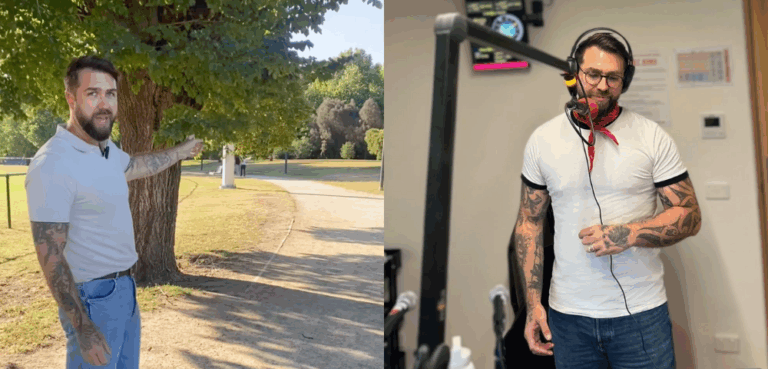
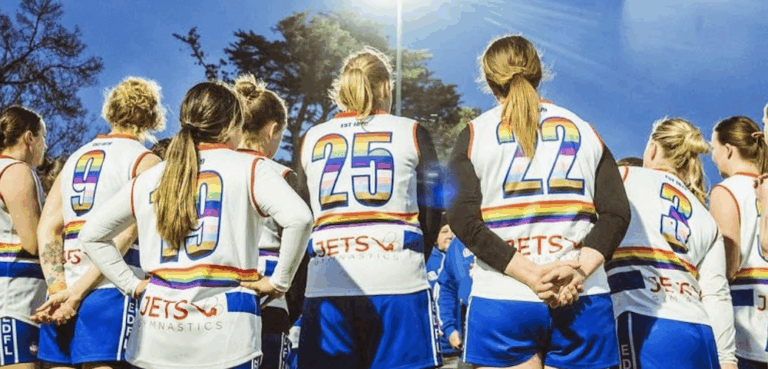
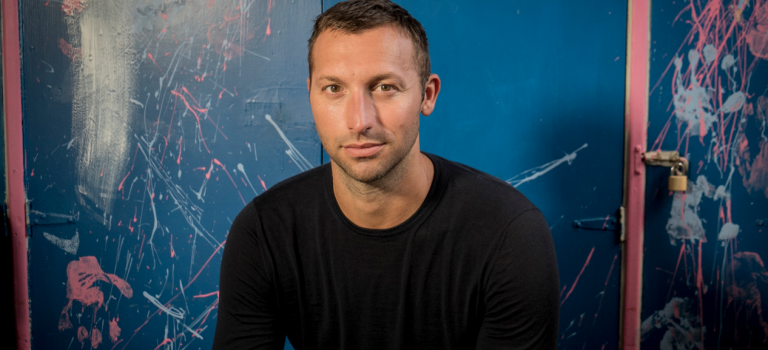

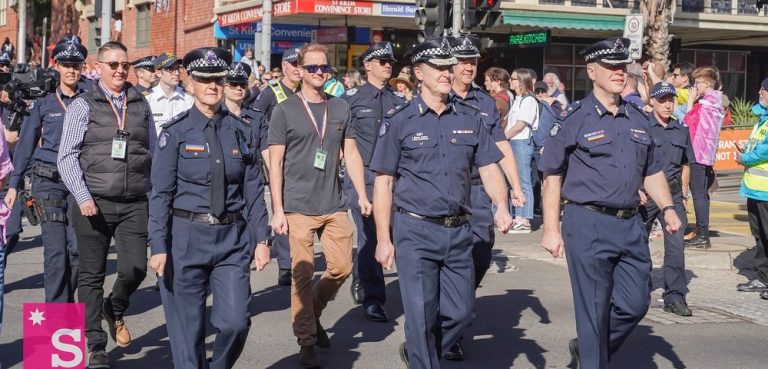
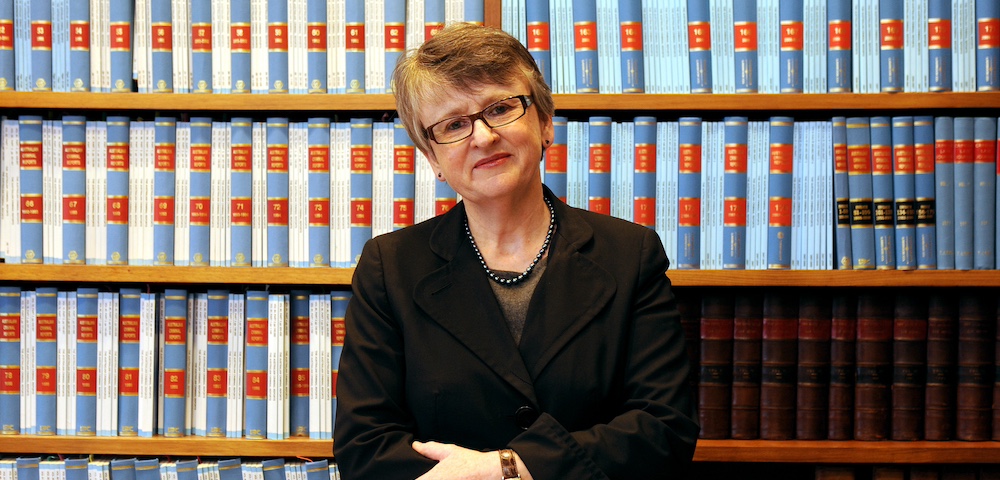
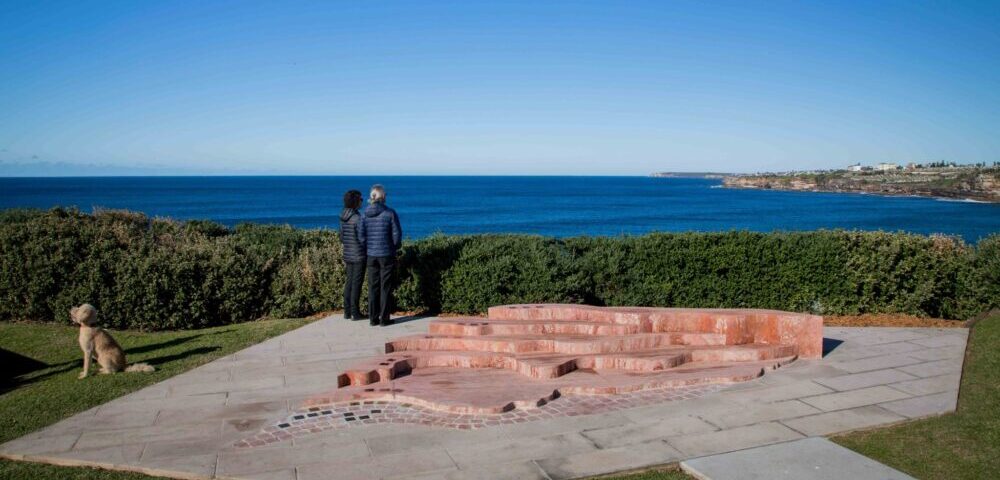

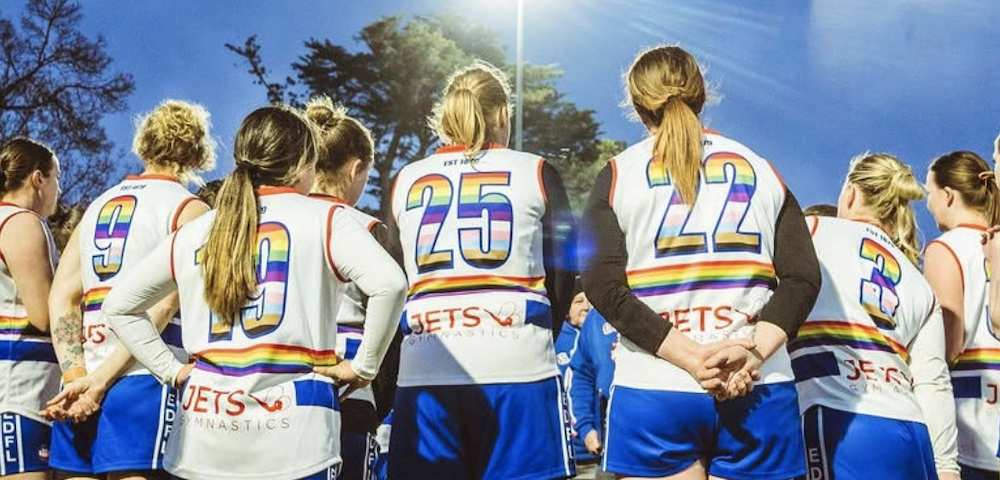
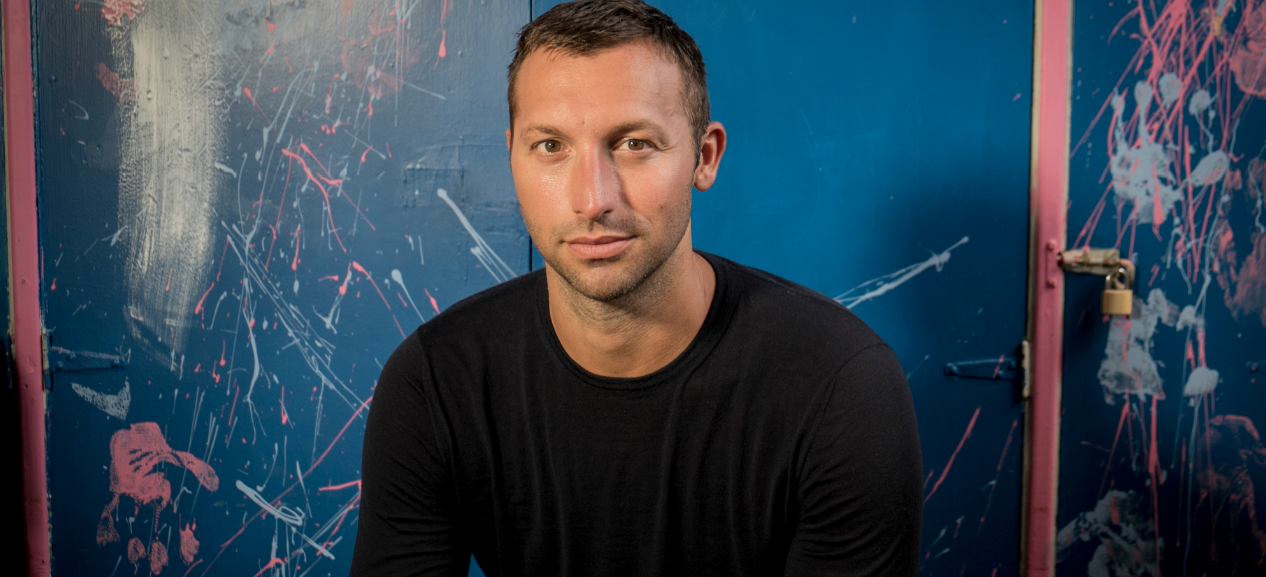
Is it possible to change the headline on this article? Practice backed by evidence in the Ageing and Aged Care space makes the use of Queer inappropriate. For many elders the term opens old wounds. It can therefore be a barrier to inclusion; with the possibility that our elders will resist seeking the supports they need because they feel excluded.